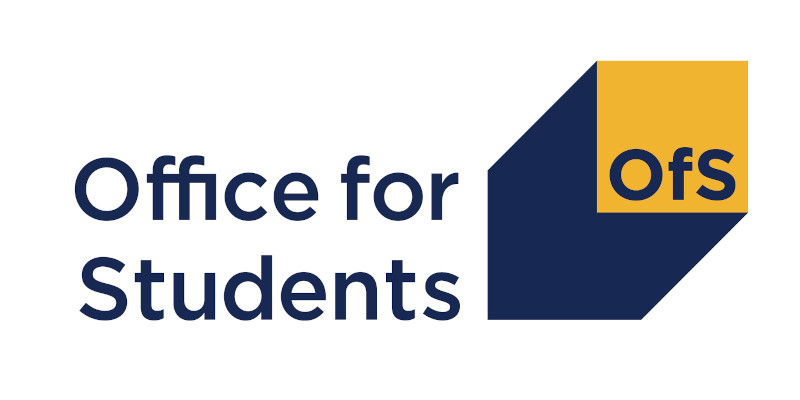Undergraduate workshops
The Psychological Therapies Training and Research Clinic is running four, 90 minute individual workshops to support undergraduate students with the mental and emotional demands of studying. These workshops have been designed to help you develop and practice skills to manage the emotional challenges common in undergraduate life based on CBT.
You can sign up to as many as you want depending on what issues you are facing. The workshops are a great space to speak to other undergraduate students, learn skills and techniques that may relieve some of your anxieties and introduce new ways of approaching your problems. They are ran by two cognitive behavioural psychotherapists. Please see the details of each workshop below, we would love to see you at one!
Workshop 1: Adjusting to University Life /Thursday 10th November / Dame Margaret Barbour Building 2.12
Mind management skills to deal with the ‘imperfect’ university system
- It will cover:
- Mapping out the vicious cycles of thoughts, feelings and behaviours that happen in response to triggers that can make you feel ‘stressed’
- The theory behind the relationships between thoughts, feelings and behaviours
- Understand the psychological and physiological mechanisms of ‘stress’
- Help you bring your ‘coping’ abilities in line with your ‘demands’
- Learn problem and emotion focused strategies for dealing with stress
Workshop 2: Values Based Student Living / Wednesday 16th November / Dame Margaret Barbour Building 2.12
Mind management skills to help you identify, and live within what is important to you
It will cover:
- Mapping out the vicious cycles of thoughts, feelings and behaviours that happen in response to triggers that can make you feel ‘down’ or ‘unfulfilled’.
- The theory behind the relationships between thoughts, feelings and behaviours
- Why meaningful and valued activity is important to wellbeing
- Help you ‘assess’ what is important to you
- How to align your ‘behaviours’ with your values
Workshop 3: Social Compare and Despair / Thursday 8th December / Dame Margaret Barbour Building 2.10
Mind Management skills to support you to stop comparing yourself to others
- It will cover:
- Mapping out the vicious cycles of thoughts, feelings and behaviours that happen in response to triggers that can make you feel down or anxious due to a comparison to a peer/s.
- The theory behind the relationships between thoughts, feelings and behaviours
- Learn the consequences of engaging with negative thoughts within social contexts
- Learn a specific strategy to deal with unhelpful comparisons: attention training
- Apply this attention strategy within the workshop
- Learn about unhelpful thought processes/patterns that enable unhelpful thoughts/comparisons to re-occur
Workshop 4: Striking the Balance / Thursday 15th December / Dame Margaret Barbour Building 2.11
Mind management skills to help you lead a balanced student life in the face of university demands
It will cover:
- Mapping out the vicious cycles of thoughts, feelings and behaviours that happen in response to triggers that can make you feel ‘out of balance’.
- The theory behind the relationships between thoughts, feelings and behaviours
- How to draw out your own personal cycle so you can learn the specific triggers that cause you distress
- The science behind motivation and what we can do about procrastination
- Different kinds of life activities and a strategy you can use to improve your sense of balance
Each session is capped at a maximum of 16 students. If you cannot get a space on these workshops, please look out for our future ones! To book your space on one or more of the workshops, head to:
Workshop booking page and find the date of the workshop/s you wish to attend and fill in your details!
Please note as part of the evaluation of these workshops you will be required to fill in an anonymised questionnaire about how you are feeling pre and post workshop, and again in four weeks. It will take no longer than five minutes and this helps us understand how our workshops have helped you. We will also ask you fill this in again 4 weeks after the workshops to help us understand how our workshops have helped you.




